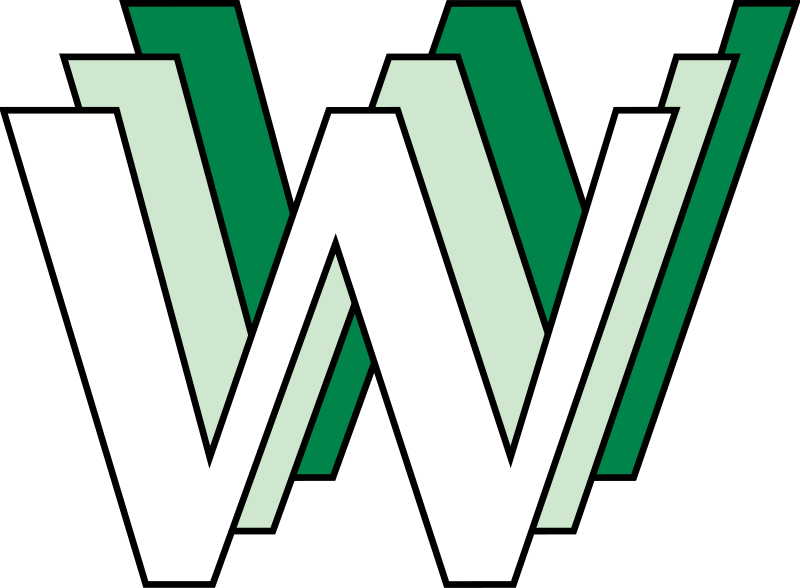Web scrapper software Market Future Plans, Business Distribution, Application, Trend Outlook
Market Research Future Insights
According to MRFR analysis, the global web scrapper software market is expected to register a CAGR of 13.5% from 2023 to 2032 and hold a value of over USD 1,085.9 million by 2027.
A web scraper software is a program or tool that automates the process of extracting data from websites. It works by sending requests to a website, parsing the HTML or XML code of the page, and then extracting the desired data based on specific rules or patterns. COVID-19 is a respiratory illness caused by the SARS-CoV-2 virus, which was first identified in December 2019 in Wuhan, China. It quickly spread around the world and was declared a global pandemic by the World Health Organization in March 2020. COVID-19 has had a significant impact on global health, economies, and societies, and has led to the development of many regional and national strategies to control its spread.
Key Players:
Some of the top key market players are
UiPath (US)
io (US)
Mozenda Inc. (US)
Octopus Data Inc. (US)
ParseHub (Canada)
Market Segmentation:
The Global Web scraping market has been segmented into type and vertical.
Based on type: General-Purpose Web Crawlers, Web Crawlers with Specific Purpose, Deep web crawlers and incremental web crawlers
Based on vertical: Advertising and Media for Retail and E-Commerce, Real Estate Finance Automobile.
Get Free Sample PDF File:
https://www.marketresearchfuture.com/sample_request/10796
Web Scrapper Software Market trends:
The web scraper software market is constantly evolving with new technologies and changing market dynamics. Some of the current trends in the web scraper software market include:
Increased demand for data-driven decision-making: As organizations increasingly rely on data to make informed decisions, there is a growing demand for web scraper software that can extract, process, and analyze data from websites and online sources. Web scrapers help businesses gather valuable information for competitive analysis, market research, pricing intelligence, and trend monitoring.
Focus on scalability and performance: With the increasing volume and complexity of web data, scalability and performance are crucial factors for web scraper software. Users require tools that can handle large-scale data extraction, efficiently manage resources, and deliver results quickly and accurately.
Emphasis on data quality and reliability: The accuracy and reliability of scraped data are paramount. Web scraper software providers are focusing on enhancing data quality by implementing robust error handling, data validation, and verification mechanisms. Additionally, advanced data cleaning and normalization techniques are being incorporated to improve the usability and reliability of the extracted data.
Compliance with legal and ethical requirements: Web scraping activities often need to comply with legal and ethical guidelines, including respect for website terms of service, privacy regulations, and intellectual property rights. Web scraper software is evolving to provide features that enable users to adhere to these requirements, such as configurable scraping rules, rate limiting, and IP rotation.
Integration with AI and automation: The integration of artificial intelligence (AI) and machine learning (ML) technologies is becoming more prevalent in web scraper software. AI-powered algorithms can help automate data extraction, content classification, sentiment analysis, and other data processing tasks, improving the efficiency and accuracy of web scraping processes.
Focus on user-friendly interfaces and low-code/no-code solutions: As web scraping expands to a wider range of users, there is a growing demand for user-friendly interfaces and intuitive tools that require minimal coding knowledge. Low-code or no-code web scraper software is gaining popularity, allowing users to create and deploy web scraping workflows without extensive programming skills.
deleted by creator


